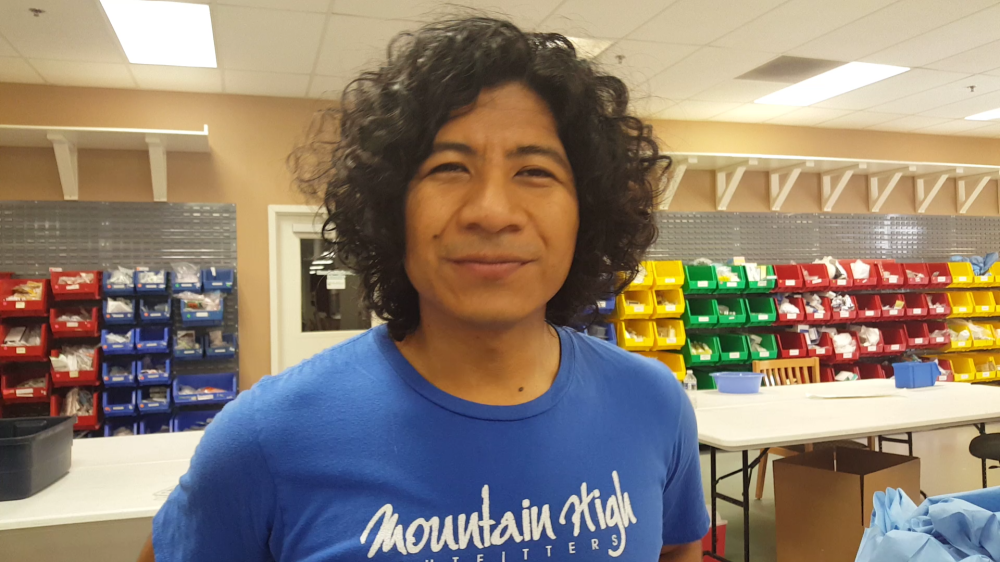In light of the recent presidential election, one of the topics at the forefront was healthcare. Many people are frustrated with the rising costs of health insurance and healthcare. As a result, the Affordable Care Act was vowed to be repealed by the current administration.
However, according to a recent study by The Henry J. Kaiser Family Foundation, “A majority of Americans, regardless of party identification, think lowering the amount individuals pay for health care should be a ‘top priority’ for President Trump and Congress and rank it at the top of the list of health care priorities. In addition, more than half of Americans say the same about lowering the cost of prescription drugs, including two-thirds (67 percent) of Democrats, and about six in ten independents (61 percent) and Republicans (55 percent)” (DiJulio, Kirzinger, Wu, and Brodie, 2017).
There’s a simple factor that is driving the high costs of healthcare, and it may be surprising. That expensive but often overlooked factor is wasted, unused medical supplies. ProPublica, a public interest investigative journal, launched an investigation and found that, “In 2012 the National Academy of Medicine estimated the U.S. health care system squandered $765 billion a year, more than the entire budget of the Defense Department. The annual waste, the report estimated, could have paid for the insurance coverage of 150 million American workers — both the employer and employee contributions” (Allen, 2017).
ProPublica highlighted Elizabeth McLellan, a former nurse administrator who founded Partners for World Health. The nonprofit organization recovered $250,000 worth of unused medical supplies and redistributed them to developing countries such as Greece, Syria and Uganda. The article also noted MedShare, a similar organization in Georgia that shipped ten times Partners amount, equipping 127 countries with nearly $27.5 million dollars worth of supplies. To have accomplished this, they have worked with over 20,000 volunteers, age 14 and up, since their beginning in 1998.
Being that MedShare was located right outside of Atlanta, I had to visit to see how they operate. It was amazing! The volunteers were enthusiastic about helping and the employees were angels. On that day, volunteers assembled wound cleaning supply and birthing kits.
Dr. Bayor, a practicing doctor for 18 years in Ghana, was excited to volunteer with MedShare monitoring quality control. He explained, “We are saving lives here. What is bad here is bad there, and what is expired here is expired there. There is a lot of waste here in America but here [at MedShare] we have an opportunity, all they have to do is order it. Are we saving lives or saving landfills?”

Dr. Bayor
MedShare not only save supplies to help developing countries overseas, but they also assist domestically as well. Volunteer coordinator Alvaro McRae was eager to share that, “We have populations here that are uninsured and underinsured that we recognize need help as well, so we work with charitable and safety net clinics across the country and we’ll distribute supplies to them as well just as if they were a hospital in Kenya, Nicaragua, or Peru. We will work with them to provide supplies they need to treat the populations in their community.”

Alvaro McRae
Giving is living because it is always fulfilling and rewarding to giveback to the less fortunate. However, for organizations such as MedShare and Partners, giving means living to the thousands of lives that are saved when they receive their donated medical supplies. To contribute, please visit MedShare’s website or Partner’s for World Health’s site to get involved.
Regarding healthcare, ProPublica reported that smaller hospitals are accepting some bigger hospital’s unused medical supplies and are looking for other ways to curb waste to lower overhead costs and ultimately healthcare costs as well.
References:
Allen, M. (March 2017). What Hospitals Waste. ProPublica. Retrieved from https://www.propublica.org/article/what-hospitals-waste.
DiJulio, B., Kirzinger, A., Wu, B., Brodie, M. (March 2017). Data Note: Americans’ Challenges with Healthcare Costs. The Henry J. Kaiser Family Foundation. Retrieved from http://kff.org/health-costs/poll-finding/data-note-americans-challenges-with-health-care-costs.











